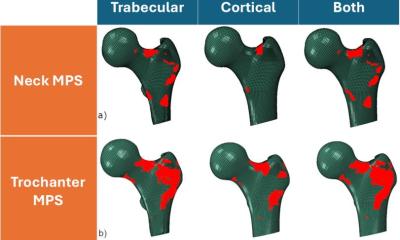Safe:Trac
A DGU trauma surgery training course
A new trauma surgery training programme has been launched by the German Society of Trauma Surgery (Deutsche Gesellschaft für Unfallchirurgie - DGU).
Aimed at all professions engaged in trauma care, Safe:Trac (Safety in Trauma Care) consists of four training modules, the DGU reports. ‘It covers patient safety issues from the site of the accident to clinical care. Via the umbrella organisation German Society for Surgery (Deutsche Gesellschaft für Chirurgie - DGCH) the project is being supported by eight professional associations. In addition to the surgery-oriented critical incident reporting system (CIRS), which has already been implemented by DGCH, Safe:Trac is a further major step towards increased patient safety?’
Professor Hartmut Siebert MD, Director General of DGU, added: ‘The different interdisciplinary Safe:Trac training modules were developed in cooperation with aviation psychologists and based on the Crew Resource Management seminars for flying staff in Europe. That means the contents comply with the Joint Aviation (JAA*) requirements and were adapted by a team of acute care specialists and psychologists to the specific requirements of the healthcare target groups.’
During training, participants from all professional groups directly involved with patient care, work with case studies to increase awareness of the mechanisms of incident development. Based on this, they can then devise strategies to avoid errors in particularly critical or risky situations, the DGU elucidates. ‘This will actively promote and further an interdisciplinary safety culture. The training modules are geared towards the individual participant groups. Practically oriented group and small group exercises, video scenarios and sufficient room for discussion ensure that each topic is covered in detail. Emphasis will be put on the participants’ experience in their daily trauma work. The entire team should be trained together if we want a security culture to be promoted and lived in trauma care’.
The training modules include the scientific basics and knowledge on incident development; limitations of human performance and stress management; complications management and error avoidance; situation-adequate awareness; risk assessment and decision-making; communication; leadership/organisation/cooperation (team work); safety culture vs. blaming culture.
DGU trainers are specifically prepared physicians, certified according to the requirements for aviation crew resource management trainers.
30.04.2008





